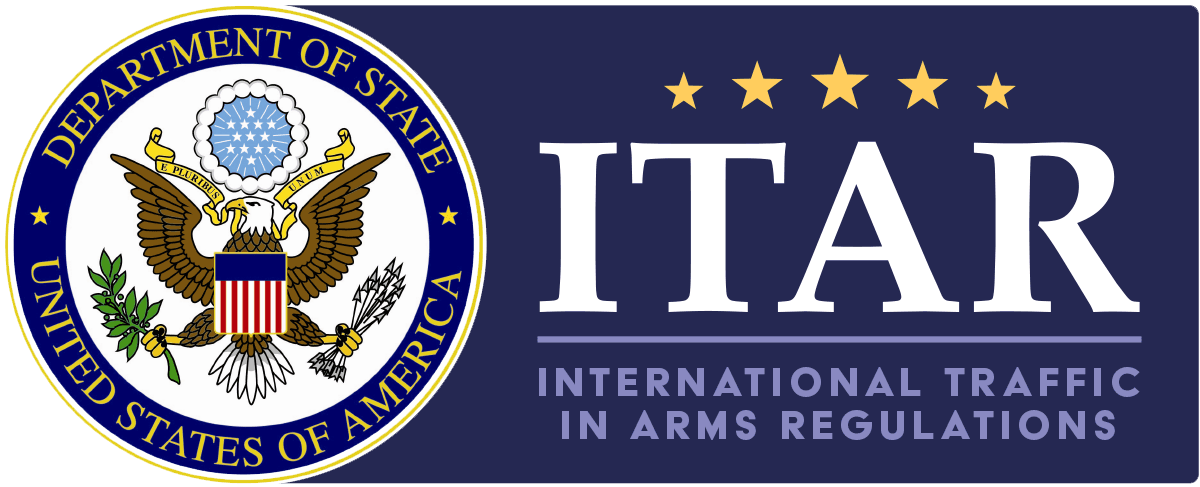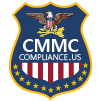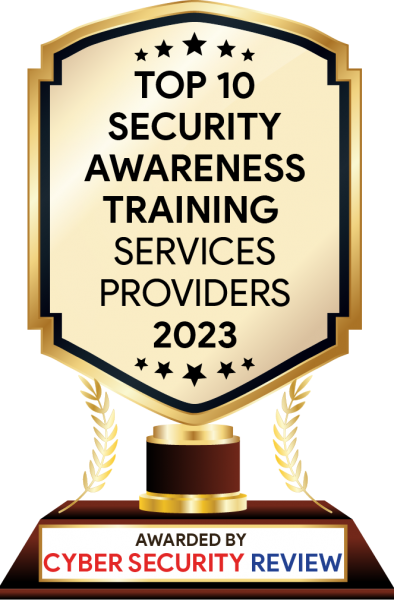ITAR Compliance
We understand that compliance is not a one-time event but a constantly evolving effort. That’s the concept at the core of our ITAR compliance-as-a-service approach to helping your organization obtain, manage, and maintain compliance.
As part of our International Traffic in Arms Regulations (ITAR) and Export Administration Regulations (EAR) compliance services, we offer guidance on ITAR/EAR and U.S. export control laws for your current operation and IT/Cybersecurity departments. All controls, policies, and procedures are validated by leveraging our network of legal support resources.
If your product is on the U.S. Munitions List (USML), the State Department has jurisdiction over your export activities. In that case, your company needs to be registered with the State Department, and you must apply for an export license through the State Department.
We can help you navigate this complex process so you can focus on other strategic aspects of your company.

We break the ITAR/EAR compliance process into three key interdependent phases.
This is what the process looks like when you choose us as your ITAR/EAR consulting partner:
In addition to updating your systems, security practices, and procedures, we provide education and help fully implement ITAR/EAR requirements.
We break the ITAR/EAR compliance process into three key interdependent phases.
This is what the process looks like when you choose us as your ITAR/EAR consulting partner:
In addition to updating your systems, security practices, and procedures, we provide education and help fully implement ITAR/EAR requirements.
ITAR Compliance Checklist
- Consultation with your organization to understand your company’s business, as well as the development of written ITAR data flow and corresponding policies and procedures.
- Identifying and classifying your goods using the US Munitions List within the scope requirements of ITAR.
- Creating a compliance handbook tailored to the specific requirements of the company as it relates to ITAR, EAR, and OFAC sanctions laws.
- Outlining steps for implementing the compliance program.
- Risk assessment (identification of the greatest compliance risks present in your company).
- Remediation: compliance steps to protect from the risks identified in point 5.
- Employee ITAR/EAR compliance training.
- Technology remediation and implementation overhaul (were needed).
- Microsoft GCC High implementation with compliance configuration requirements.
- Registering with the Directorate of Defense Trade Control and applying for an export license.
- Fulfilling reporting requirements.
- Creating and maintaining an export compliance program within your organization
- Note that we offer fixed-fee costs for the Compliance Programs as well as interest-free payment plans.
ITAR FAQ
What happens if you violate ITAR?
According to the Arms Export Controls Act (AECA) and the International Traffic in Arms Regulation (ITAR), willful violations of the defense controls can be fined up to $1,000,000 per violation, or ten years of imprisonment, or both.
What are the most common ITAR violations?
The three most common ITAR violations fall into three categories:
- Not having an internal compliance program or having your plan on paper only.
- Not doing your due diligence about where your exports are going.
- Not keeping complete and accurate records.
Who enforces ITAR?
The International Traffic in Arms Regulations (“ITAR,” 22 CFR 120-130) implements the AECA. The Directorate of Defense Trade Controls (DDTC) in the Bureau of Political-Military Affairs at the U.S. Department of State implements the ITAR including the United States Munitions List (USML).
What transactions are controlled by ITAR?
ITAR controls the manufacture, sale, and distribution of defense and space-related articles and services as defined in the United States Munitions List (USML).
How much does it cost to become ITAR compliant?
If you are a first-time registrant, the current application fee will be $2,250. For renewals: If DDTC has not reviewed, adjudicated, or issued a response to any application the current applicable fee is $2,250 per year.
Brea Networks, LLC (HQ)
451 W. Lambert Rd Suite 214, Brea, CA 92821
United States of America
United States of America
Phone: (714) 592-0063






